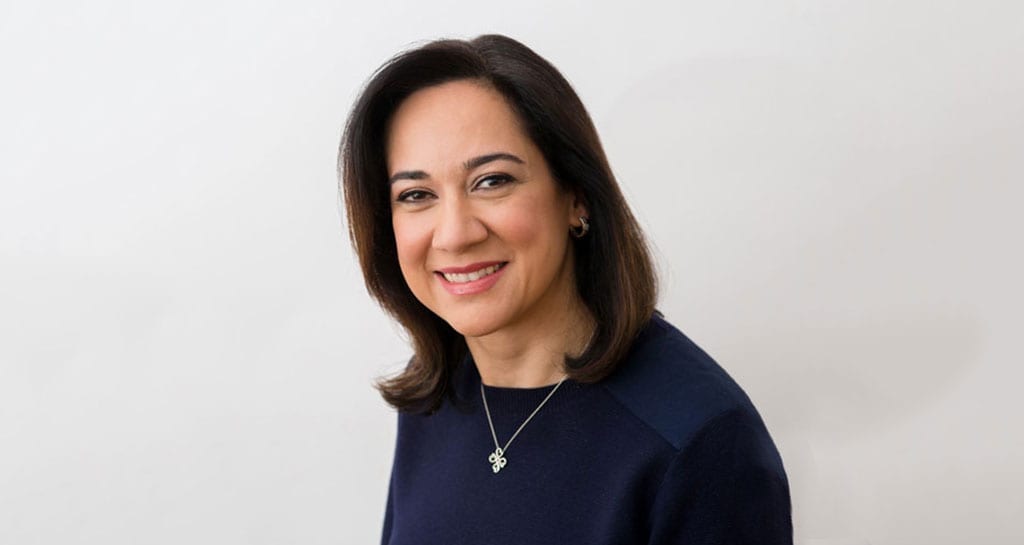We are celebrating Dr. Martin Luther King this week. Dr. King, who led the Civil Rights movement in the United States from the mid-1950’s until his death by assassination in 1968. Much has been said that education is the “civil rights issue of our time,” but when hasn’t education been a civil rights issue? You see, many minority groups have always seen education as the way (sometimes the only way) to fight discrimination. Unfortunately, discrimination and bias is present in schools today. Black students are expelled at a higher rate than white children. English Language Learners are more likely to be disciplined and discriminated against because of their and their parent’s lack of English proficiency. And although education is the surest way to fight discrimination, students of color are more likely to be in underfunded schools. But we would not know this if we didn’t have the data to back it up.
It has only been 60 years since Black and White children could legally sit side-by-side in public schools in much of this country. Studies have shown that student and teacher diversity is essential to optimize teaching and learning. Practices enacted to correct some of this have become policies that support educational goals that help students of all ethnic and racial backgrounds. We would not be able to determine this if we didn’t have hard data to identify the problem and measure the success of programs intending to address it. Sound policy requires that we have a comprehensive picture of what happens in schools.
But this doesn’t mean the students who we are trying to help forfeit their privacy. Students must feel safe in making mistakes, confident their learning shall not be used against them in the future. They ought not worry that a learning disability will restrict the opportunities available to them because of what their record shows. Privacy allows students to fearlessly take risks, make mistakes and grow as learners. But if they are not offered protection, they may choose to opt out, limiting the available data, invalidating the conclusions to be drawn. If we are concerned about their future, isn’t it our job to set our students up for success?
As we advocate for student privacy we need to acknowledge that bias and discrimination are real in schools today. We need to make sure that as we address issues of privacy in education, we are cognizant of the learners that will miss out on educational opportunities because we cannot ensure that their privacy will be protected and their information will not be used against them in school.
I encourage all of us to seriously address these issues but we cannot do so without reliable studies, data sets, and trends that are studied over time. Otherwise, what is our argument? Because I “think” this is happening? We can’t ignore the entrenched bias in education but we can only address it with effective data. So as we continue this debate, let’s not forget that high quality education and privacy is not only the right of the few but of all students.


